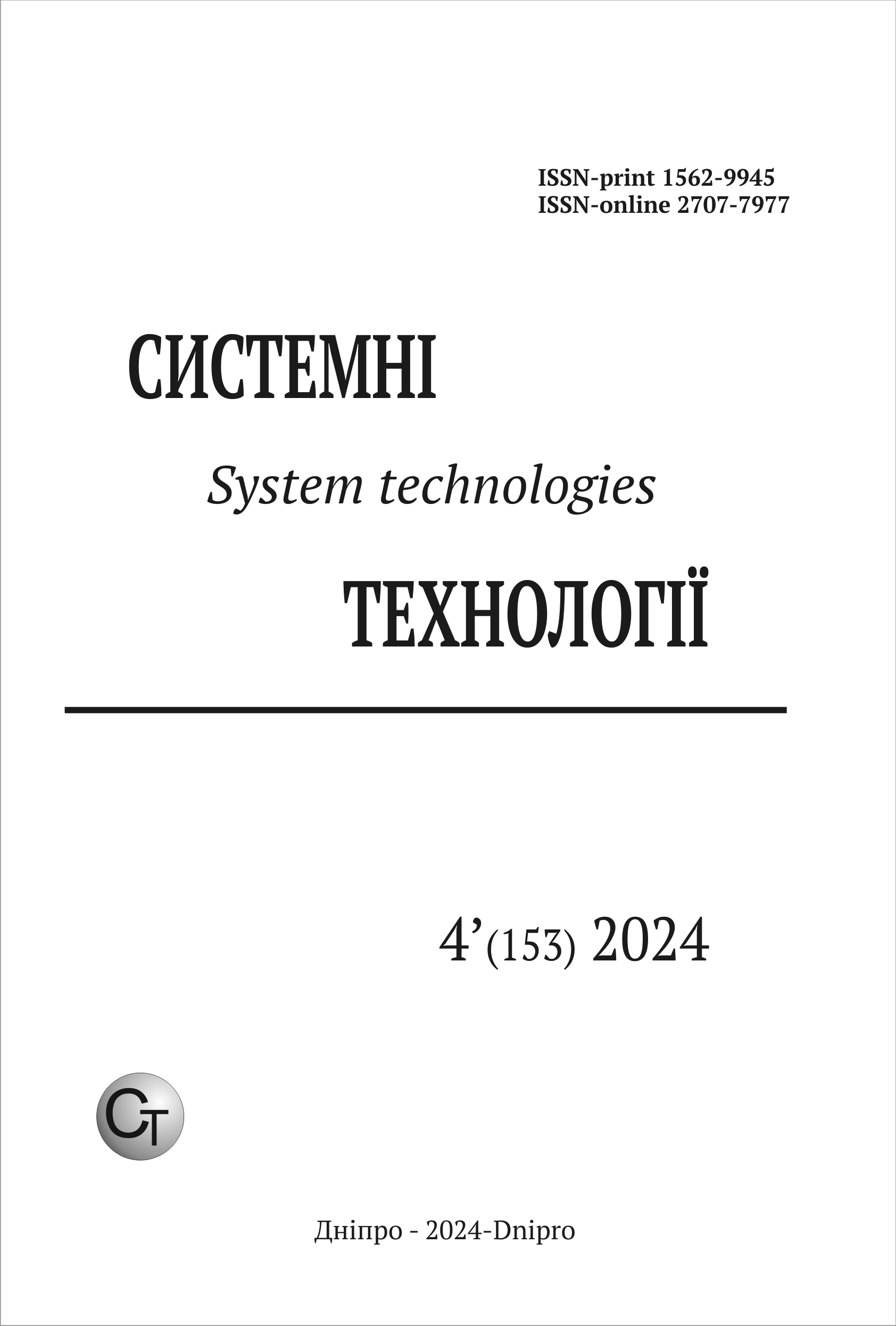МЕТОД УГРУПУВАННЯ ТЕМПОРАЛЬНИХ МУЛЬТИМОДАЛЬНИХ ПОТОКОВИХ ДАНИХ ПРИСТРОЇВ IOT НА ОСНОВІ РЕАКТИВНОГО ПРОГРАМУВАННЯ
DOI:
https://doi.org/10.34185/1562-9945-4-153-2024-12Ключові слова:
угрупування, IoT, потокові дані, реактивне програмування, мультимодальні дані.Анотація
Стаття присвячена розробленню методу угрупування темпоральних потокових даних в мережах пристроїв Iнтернету речей (IoT). Актуальність пояснюється необхідністю ефективної обробки даних пристроїв IoT у реальному часі. Мета полягає в розробці методу, що враховує складність та специфіку потокових даних IoT. Запропоновано використовувати реактивне програмування для угрупування даних. У результаті пока-зано можливість побудови ієрархії угрупування з урахуванням особливостей пристроїв IoT та масштабованість запропонованого методу.
Посилання
Boronat F., Lloret J., Garcia M. Multimedia group and inter-stream synchronization techniques: A comparative study //Information Systems. – 2009. – Т. 34. – №. 1. – pp. 108-131.
Ravindran K., Bansal V. Delay compensation protocols for synchronization of mul-timedia data streams //IEEE Transactions on Knowledge and Data Engineering. – 1993. – Т. 5. – №. 4. – pp. 574-589.
Sivrikaya F., Yener B. Time synchronization in sensor networks: a survey //IEEE network. – 2004. – Т. 18. – №. 4. – pp. 45-50.
Akbar A. et al. Real-time probabilistic data fusion for large-scale IoT applications //Ieee Access. – 2018. – Т. 6. – pp. 10015-10027.
Bannach D., Amft O., Lukowicz P. Automatic event-based synchronization of mul-timodal data streams from wearable and ambient sensors //Smart Sensing and Con-text: 4th European Conference, EuroSSC 2009, Guildford, UK, September 16-18, 2009. Proceedings 4. – Springer Berlin Heidelberg, 2009. – pp. 135-148.
Henning S., Hasselbring W. Scalable and reliable multi-dimensional sensor data aggregation in data streaming architectures //Data-Enabled Discovery and Applica-tions. – 2020. – Т. 4. – №. 1. – p. 5.
Schueller G., Behrend A. Stream fusion using reactive programming, LINQ and magic updates //Proceedings of the 16th International Conference on Information Fusion. – IEEE, 2013. – pp. 1265-1272.
Griffiths I., Campbell L. Introduction to Rx.NET. .NET Foundation, 2024. 256 p.
Languages. ReactiveX. URL: https://reactivex.io/languages.html (access date: 15.3.2024).
Завантаження
Опубліковано
Номер
Розділ
Ліцензія
Авторське право (c) 2024 Системні технології

Ця робота ліцензується відповідно до ліцензії Creative Commons Attribution 4.0 International License.















